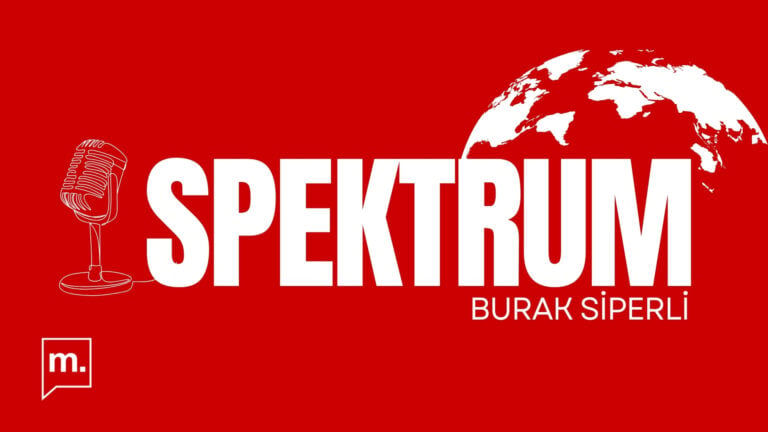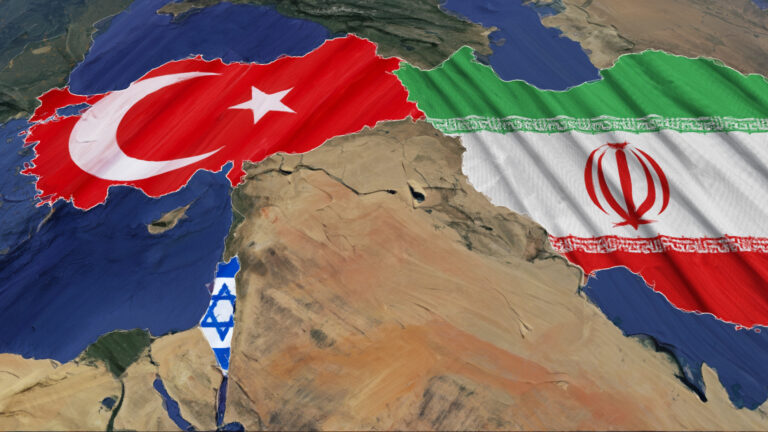by Leo Kendrick
Turkish President Recep Tayyip Erdoğan and Russian President Vladimir Putin are set to meet today in Sochi on Russia’s Black Sea coast. The meeting is expected to focus on the situation in northern Syria, as well as touch on other topics such as Libya, Crimea, Nagorno-Karabakh, tourism and energy.

The meeting comes at a complex time in Turkish-Russian relations and for Turkish foreign policy in general. Relations with the United States are at a low point, as President Erdoğan made clear following his trip to New York last week. The ongoing dispute over Turkey’s purchase of the Russian S-400 air missile system remains the central point of contention between the two NATO members. At the same time, efforts are underway to mend Turkey’s relationship with Arab states such as Egypt and the United Arab Emirates, strained since the onset of the Arab Spring protests ten years ago. Following his trip to New York, President Erdoğan commented that “Putin has done nothing wrong to us” when asked about the status of the Turkish-Russian relationship.
Although relations between Moscow and Ankara may appear cordial compared to Erdoğan’s recent experience in New York, significant differences remain between the two countries heading into today’s meeting. Russia supports Bashar Al Assad’s Damascus-based government, while Ankara continues to support the Free Syrian Army, an opposition regime consisting of a loose group of anti-government factions. The two countries have also found themselves on opposite sides of conflicts in Libya and Nagorno-Karabakh; while Turkey support’s Tripoli’s UN-recognized government, Russia continues to support the rival government of General Khalifa Haftar. Russia provided arms supplies to Armenia while Turkey provided overt and outspoken support to Azerbaijan during 2020’s Nagorno-Karabakh War. Lastly, Turkey still recognizes Crimea as Ukrainian territory, an area Russia has occupied since 2014.
Despite these differences, significant common ground remains between Russia and Turkey. Ankara is considering the purchase of more S-400 air missiles from Moscow, a move expected to upset the US and NATO allies, and possibly provoke new sanctions against Turkey. Turkey profits greatly from a steady stream of Russian tourists to the country, an important source of foreign currency. In 2019 prior to the coronavirus pandemic, over seven million Russian tourists visited Turkey. Another common point is the under-construction Akkuyu nuclear power plant in Mersin province, Turkey’s first nuclear power plant and a project seen as a symbol of Turkish-Russian cooperation.

The situation in northern Syria, however, is expected to take center stage at today’s meeting. Russia has recently conducted air raids targeting alleged terrorist groups in Idlib, Syria’s last rebel controlled province. Ankara, meanwhile, opposes the air raids and has expressed concerns that a resumption of military activity could cause a new wave of Syrians to emigrate to Turkey. Ahead of the meeting, Turkish Defense Minister Hulusi Akar expressed hope that a ceasefire would return in Idlib. Although both government and rebel factions have accused one another of violations, a ceasefire had been in place in northwestern Syria for about 18 months, since the most recent face-to-face meeting between Putin and Erdoğan on 5 March 2020.
Russia is also expected to push for a renewal of Ankara-Damascus relations, severed since 2012. Turkey has long opposed Assad’s Damascus government, although less outspokenly in recent years. In light of recent rapprochement between Turkey and former Arab rivals, as well as strained relations with Washington, all eyes will be focused on the potential diplomatic ramifications of today’s Sochi meeting for the Turkish-Russian relationship, Turkey’s NATO membership and the region at large.














